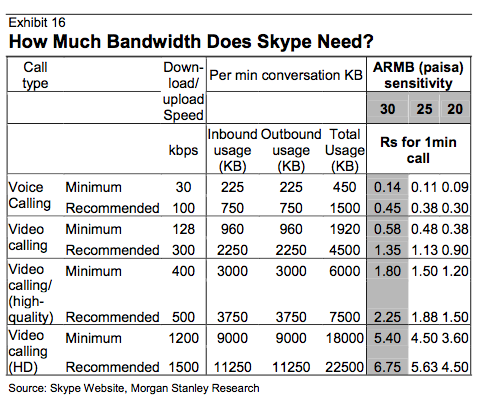People thinking of switching to hosted VoIP sometimes wonder if their co-workers will notice a drop in call quality when they change over to a hosted PBX.
It's a reasonable query for anyone who is unfamiliar with VoIP. With so many real-time communications platforms, it's easy to see how someone might lump VoIP together with Skype and other apps that underperform in voice quality.
But business VoIP is a different game. It may share technologies with apps such as Skype, but it's ultimately designed to far surpass landline telephones and real-time communications apps in terms of voice quality.
HD Voice: The VoIP Standard
The benchmark of voice quality in the VoIP world is HD Voice. Judging from our recent series of VoIP Comparison blogs, just about every hosted PBX company strives to reach this standard.
To understand the full effect of HD Voice, it's important to remember how the human ear works. Humans can hear frequencies from anywhere between 20Hz and 20,000Hz. Plain Old Telephone Service (POTS) has a voice quality range of 300Hz to 3400Hz. This is why landline phone service is referred to "narrowband" technology - it only allows people to hear a sliver of the human hearing range.
HD Voice, on the other hand, is touted as offering at least twice the range of landline phone service. The spread for POTS voice quality is 3.4 kHz (3400 Hz), but the spread for HD voice is 7 kHz (7000 Hz). The G.722 codec is the industry standard for HD voice - it broadcasts between 30Hz to 7000Hz, more than double the typical landline phone.
Business VoIP: What Separates It From Skype?
You might wonder what exactly distinguishes business VoIP voice quality from that of a real-time communications platform such as Skype. Business VoIP and Skype may use similar technologies to make phone calls over the Internet, but the respective voice quality of each solution differs significantly from the other.

As a free worldwide application, Skype is used by millions of people everyday. Skype implements the respected Opus audio codec, but Microsoft did not build the Skype network to be undersubscribed bandwidth wise. Opus may a capable codec, but even it falters when it achieves a low bitrate from an oversubscribed network. Even though the "recommended" client side bandwidth for a Skype call is the same as a VoIP call, the call quality will suffer because of Skype's own bandwidth limitations.
So when you hop on Skype and the call quality deteriorates, you are not dealing with a flawed design, but a limited network infrastructure that cannot provide dedicated service to millions of anonymous individuals. This is one of the key issues that business VoIP services attempt to rectify.
A business VoIP network is typically undersubscribed bandwidth-wise. Providers over-provision network capacity and take a proactive approach to preventing congestion, which results in less packet loss. Business VoIP providers will also create separate real-time network for multimedia data, and partner with Tier-1 Internet companies to ensure the highest bitrate possible. This is why the average VoIP call takes the same amount of bandwidth as a Skype call does (100 kpbs) and yet still sounds of higher quality.
In general, Skype and business VoIP are using comparable audio codecs, both of which are capable of wideband voice quality. But Skype's network holds its voice quality back. And this is not just a voice quality issue, because Skype is more likely than business VoIP to outright drop calls in the case of severe packet loss, whereas business VoIP companies often make eradication of dropped calls a supreme priority.
Nothing To Fear
If you're fearful that a VoIP phone system will diminish the quality of your calls, ask a company representative if the service employs HD Voice. Question the representative about dropped calls. If the service boasts a solid HD Voice feature, the voice quality will certainly sound better than Skype, Google Voice, or a landline phone. The only thing your co-workers will notice is a crisper and clearer sound.

